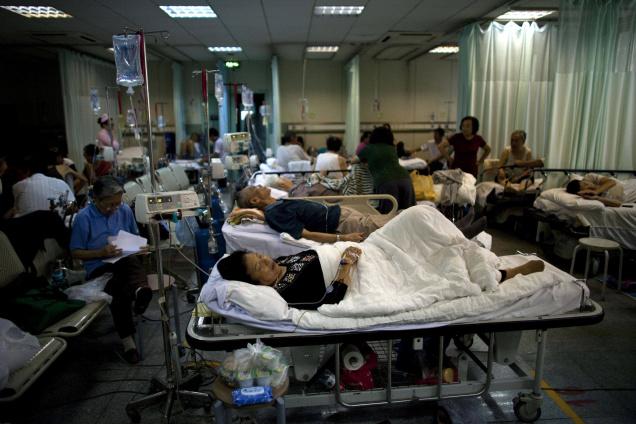
Post-surgery Death Rates Remain Three Times Higher In Low Income Countries: Study
Patients undergoing emergency surgery in lower-income countries have a three times greater risk of dying than in higher income countries, a new research says.
The study conducted by a team of leading researchers including scientists from the Universities of Edinburgh, Birmingham and Sheffield in the UK, monitored post-surgery death rates and mapped them against the Human Development Index (HDI) of each country. A total of 10,745 patients were monitored up to 30 days after they underwent emergency abdominal surgery, at hospitals in 58 participating countries.

The study showed that death rates were three times higher in low-income countries than in high-income countries, even after adjustment for factors such as fitness for surgery, diabetes history, and smoking status.
The team behind the research believes that the study demonstrates a need to improve patient safety in low-income countries, and revisit the use of the surgical safety checklists – the standard global marker of hospital safety.
“The association between the increasingly mortality and lower income countries might be explained by differences in prognosis, in treatment, or maybe both. What we can say is that our study highlights the significant disparity between countries, and an urgent need to address it,” said Aneel Bhangu, from the University of Birmingham.
It is believed that less than a third of the world’s population have access to safe, timely and affordable surgery, said the researchers, adding that only 6% of the 300 million surgical procedures performed each year take place in low or middle-income countries, despite a third of the world’s population living there.
The team behind the research has developed a novel model of data collection, forming an international collaboration of doctors known as ‘GlobalSurg’. This network was created largely using social media, and data capture during the study was improved by use of a novel platform accessible from mobile internet devices.
The findings have been published in the British Journal of Surgery, which was released on Wednesday by the University of Edinburgh.